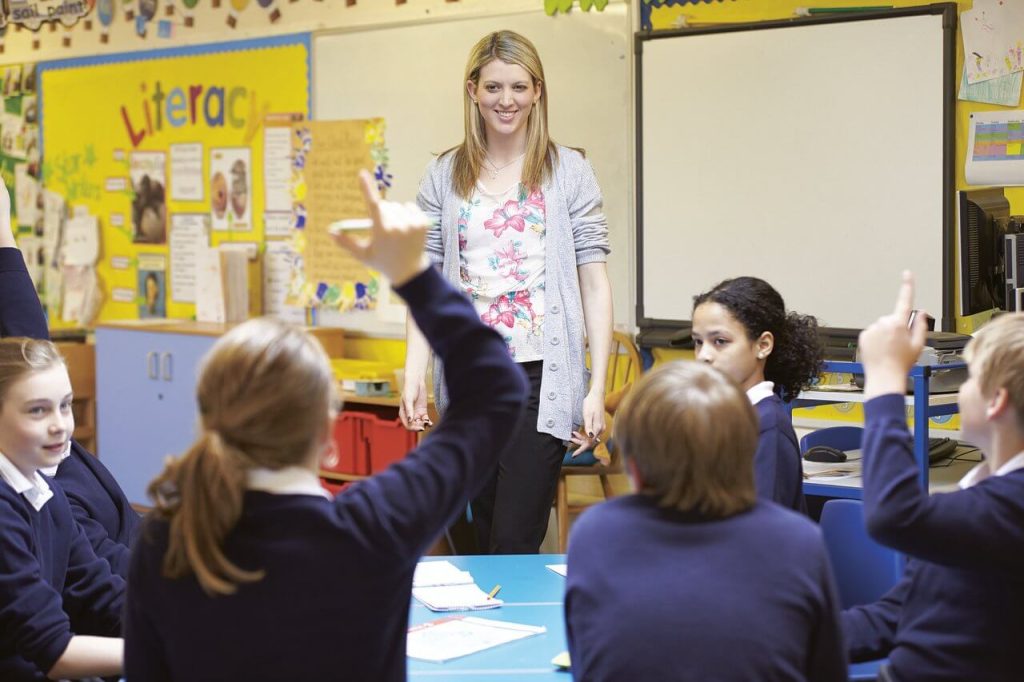Croatian students acquire most of the knowledge about climate change by participating in projects.
Sanja Turčić Padavić, a teacher at a Rijeka secondary school, says that young people are aware that the new time brings new challenges that will be easier to deal with with green skills but that school curricula make no mention of such education.
Teachers who consider the topic important find a way to include it in their work with students, but there has been no incentive from the Science and Education Ministry, Turčić Padavić says.
“I convey the knowledge I have acquired through the subject I teach. If I were not involved in projects, I would probably not know what to teach about climate change or how,” she says.
A study on climate change in the EU, of which she is a coordinator and which is part of the Erasmus+ programme, will be conducted over a period of three years.
It will focus on 243 endangered animal and plant species in three countries. The focus in Croatia is on fauna and based on the study’s results, an innovative plan of recovery will be proposed for each of the species.
Several Croatian schools regularly take part in a national reforestation campaign, which is designed to point to the importance of trees in mitigating climate change.
There are also other forms of education, including a workshop organised by the Tatavaka association in July, which also involved members of the Civil Protection who as part of the school curriculum, have been preparing a handbook on how to reduce disaster risks.
Italy is the first country in the world to have officially introduced education about climate change and sustainable development in the school system, owing to efforts by former Education Minister Lorenzo Fioramonti.
Education on climate change received a lot of public attention with the climate marches of 2019, organised by students.
A 2020 survey on climate education in Europe collected 1,101 responses, with 89% coming from education workers. Almost all agreed that school is responsible for climate education, however, 70% said climate education was insufficiently present in school curricula.
Lack of competence and training was cited as the most frequent reason why teachers could not include it in curricula, the second reason being lack of resources.
A small percentage of respondents expressed doubts as to the existence of evidence about climate change being a serious problem.
The importance of education for strengthening the European framework for green competencies has been underlined at this year’s EU Green Week.
Today there are initiatives such as UNESCO’s education on climate change, eTwinning, Erasmus+, the European Parliament Ambassador School Programme (EPAS), and others.
The Green Deal and the fight against climate change are among priority policies of the European Parliament and special attention will be paid to these topics through activities, seminars and programmes that are organised by the EP Office in Croatia, the Office has said.
EPAS has been implemented in Croatia since 2016 and so far more than 60 secondary schools have attended it.
The European Parliament in 2019 declared a climate crisis, calling on the European Commission to harmonise future legislative and budget proposals with the objectives of the Paris Agreement on climate change.
In June this year the EP approved a new regulation on climate increasing the target reduction of greenhouse gas emissions in the EU in the period until 2030 from 40% to at least 55%.
It also adopted a position on the Biodiversity Strategy for 2030 which aims to put under protection at least 30% of land and sea in the EU.
Transition to a low-carbon economy will create more than one million jobs in the period until 2030, which requires retraining and additional training for more than 120 million Europeans in the next five years.
According to OECD data, many countries have already included topics related to environmental protection in their school curricula, however, there is still no comprehensive strategy at the EU level.
For more on lifestyle, follow TCN’s dedicated page.
For more about Croatia, CLICK HERE.










